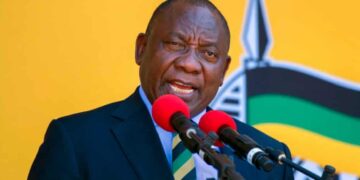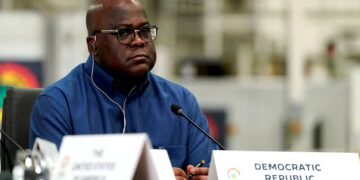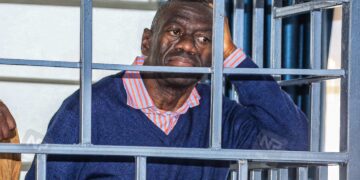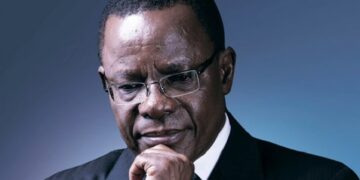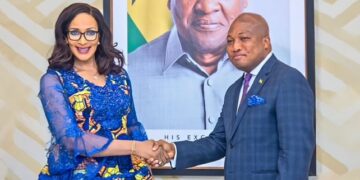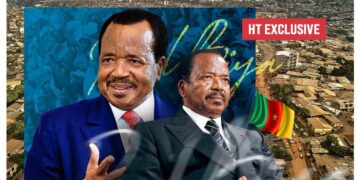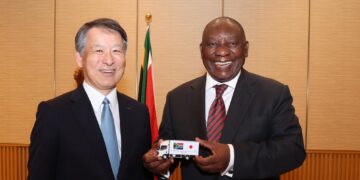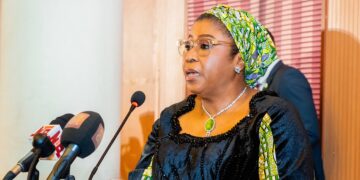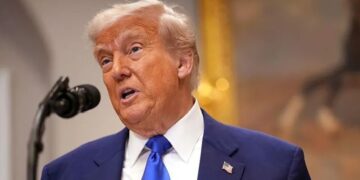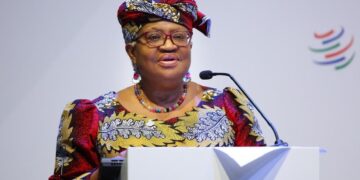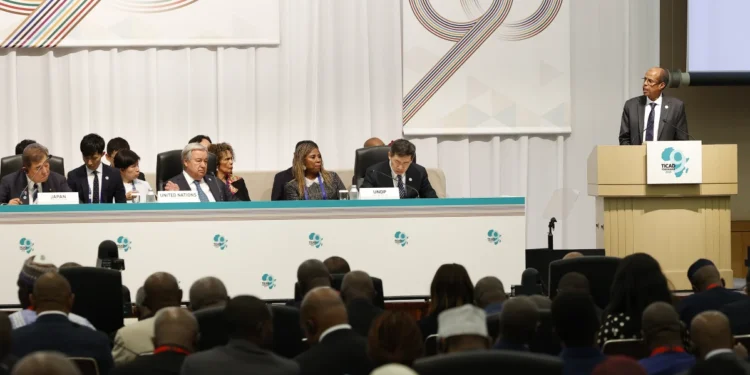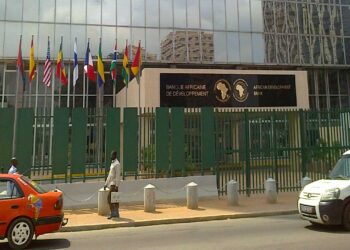By Enyichukwu Enemanna
The 9th edition of the Tokyo International Conference on African Development (TICAD) 2025 kicked off Wednesday where enhanced trade between Africa and and Japan, peace and stability, health, climate change and education dominated discussion.
At the commencement of the three-day summit in Yokohama, near Tokyo, Japan’s Prime Minister Shigeru Ishiba proposed an economic zone connecting the Indian Ocean to Africa as the country seeks to play a greater role in the African continent, aiming to rival America and China who have overwhelming influence in the continent’s economic and security environment.
At the 9th TICAD, Ishiba pledged to strengthen business and investment in the region and promote free trade by connecting the Indian Ocean region to the African continent.
“Japan believes in Africa’s future,” Ishiba said. “Japan backs the concept of African Continental Free Trade Area,” which aims to bolster the region’s competitiveness.
The conference comes as U.S. President Donald Trump’s tariff war and drastic cuts in foreign-aid programmes continue to have huge negative impact on development projects in Africa.
Meanwhile, China has been expanding its foothold in the area since 2000 through infrastructure building and loan projects.
“Africa must have a stronger voice in shaping the decisions that affect its future,” United Nation’s Secretary-General António Guterres, said at the event, adding that African nations are underrepresented in the international community and its decision-making process.
Under the Indian Ocean Africa economic zone initiative, Japan aims to bring investment into Africa from Japanese companies operating in India and the Middle East.
Ishiba said Japan will extend loans of up to $5.5 billion in coordination with African Development Bank to promote Africa’s sustainable development to address their debt problems.
He also said Japan aims to provide support to train 30,000 artificial intelligence experts over the next three years to promote digitalization and create jobs.
Guterres said “unjust and unfair international financial architecture” must enhance African representation and endorse a strong African voice in the decision-making process, adding that building AI capacity in developing countries in Africa would help ease digital divide in the region.








